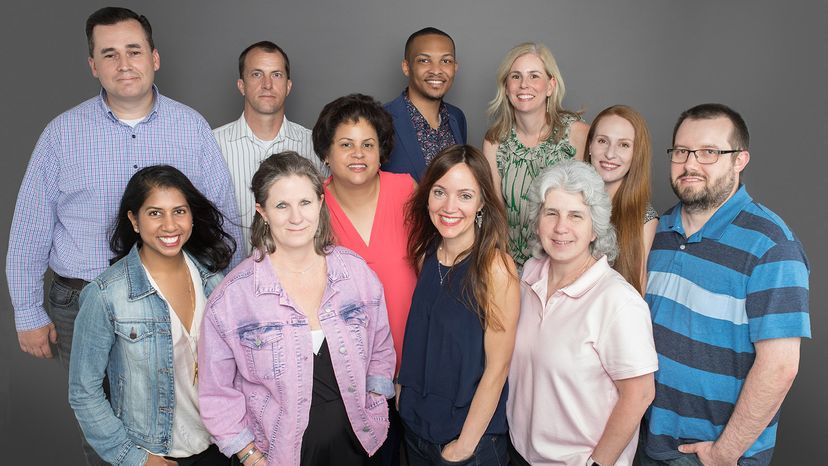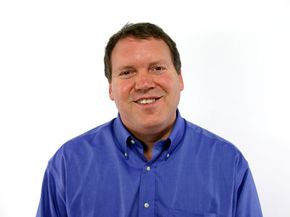
Have you ever wondered what causes that post-rain aroma (it’s called petrichor) or how often your car actually needs an oil change? HowStuffWorks explains the curiosities of our world, delving into everything from cyber security and housecleaning tips to the physics of black holes and the history of slang. We provide factual, unbiased content that’s fun to read — seriously, check out this piece on the world’s ugliest animal and tell us you didn’t at least crack a smile when you found out why blobfish are so ... blobby.
We were a pioneer in the podcasting business as the home of Stuff You Should Know, which is now part of iHeartMedia, and have partnered with some awesome brands, including the Discovery Channel, TLC, The Conversation, and Covering Climate Now. In short, we love outlets that share our passion for rigorous fact-checking, sound research, and responsible journalism.
Advertisement
